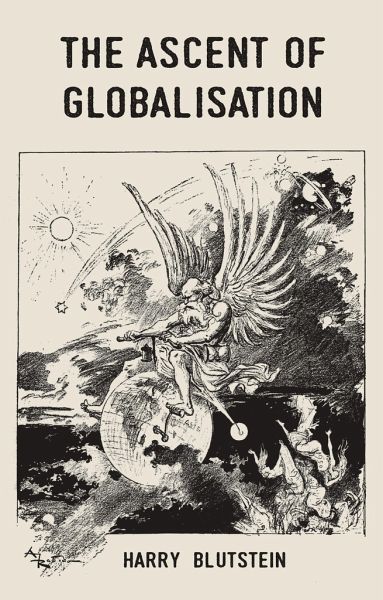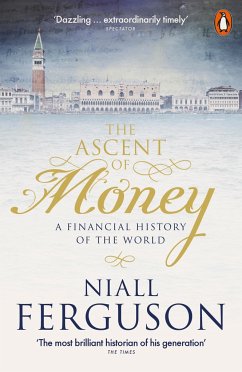
The Ascent of Globalisation
Versandkostenfrei!
Versandfertig in über 4 Wochen
38,99 €
inkl. MwSt.
Weitere Ausgaben:

PAYBACK Punkte
19 °P sammeln!
The ascent of globalisation tells the sweeping historical drama of the development of globalisation, from the Second World War to the present day. The story is told through the richly detailed accounts of eighteen remarkable men and women, describing how these architects reshaped the modern world, for better or worse. Profiling their lives, ideas and struggles reveals fresh insights into the nature of globalisation. The book also examines their legacies, shedding new light on many of the problems the world faces today: the global financial crisis, the political and economic malaise afflicting ...
The ascent of globalisation tells the sweeping historical drama of the development of globalisation, from the Second World War to the present day. The story is told through the richly detailed accounts of eighteen remarkable men and women, describing how these architects reshaped the modern world, for better or worse. Profiling their lives, ideas and struggles reveals fresh insights into the nature of globalisation. The book also examines their legacies, shedding new light on many of the problems the world faces today: the global financial crisis, the political and economic malaise afflicting Europe, the numerous failures of the United Nations, the unchecked power of corporations and the inability of governments to cooperate on critical issues such as climate change.













